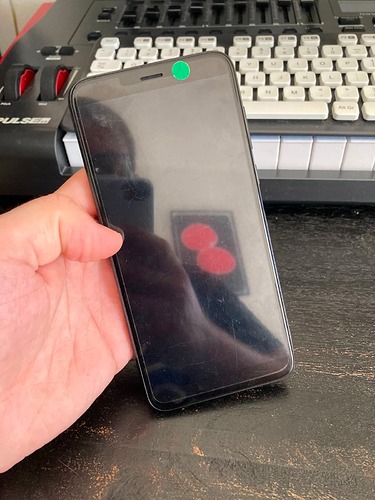There is a substantial change to booting between the PinePhone and PinePhone Pro. Previously, each distribution could develop a self-contained eMMC or microSD card image, including a compatible bootloader and kernel distribution. Installation is as simple as flashing a microSD card with the desired distribution and popping it in.
On the PinePhone Pro, the hardware works differently: it prefers to load the bootloader from the eMMC instead of the microSD. This means that when the PinePhone Pro shipped from the factory with Manjaro on the eMMC it will always boot the Manjaro u-Boot, even when booting from a microSD card. We no longer have any control over the bootloader for these devices.
This would completely break, for me, the way that I use mine (funnily enough a Manjaro Community Edition) as I’ve always used it as a distro-hopping device…
It seems like I ended up getting all three of the devices I bought from PINE64 during rosier days, it’s a shame, I had a lot of hope for the PineNote as when I was following development it looked like paper display + ereader capabilities + replacing my large quantity of paper pads.

